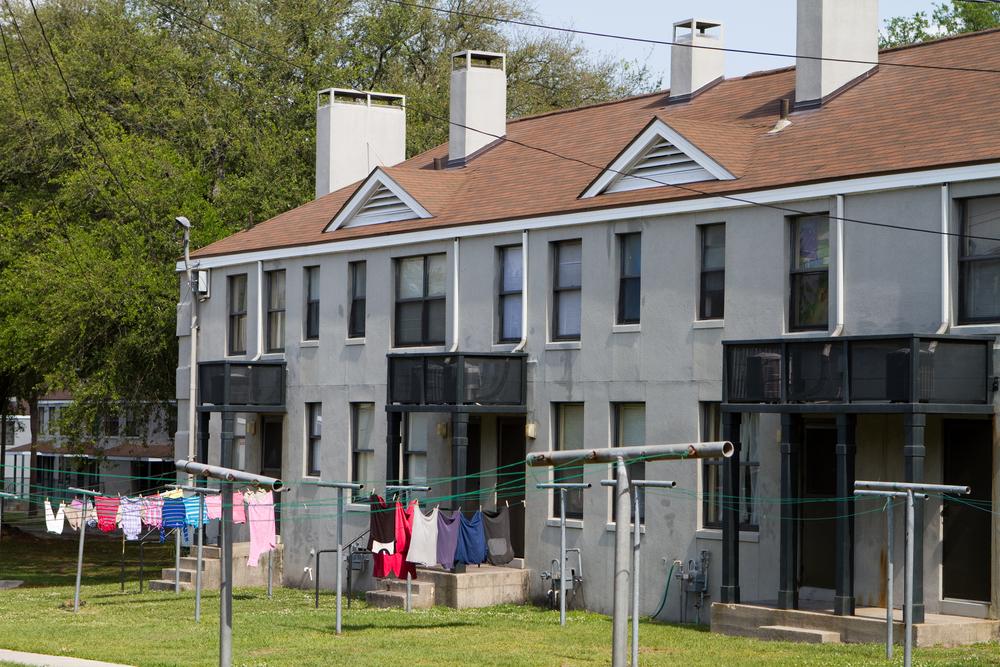Housing Voucher Details and How to Apply
Section 8 housing, commonly known as the Housing Choice Voucher Scheme, is a federal government program designed for low-income families, seniors, and those with specific conditions to access decent, safe, and affordable rented housing in the private market. Section 8 housing vouchers are regulated by local public housing agencies (PHAs). Through this program, beneficiaries receive monetary assistance to find housing, such as townhouses, mobile homes, single-family homes, and apartments, that fit their specific requirements.

How housing vouchers work
The program is funded and run by the Department of Housing and Urban Development (HUD) and a network of around 2,200 state and local PHAs, with more than 2.3 million low-income families and 5 million individuals using housing vouchers.
Those who want to apply for housing vouchers can do so online or offline. Once they receive the vouchers, they can choose any housing, such as a townhouse, apartment, or single-family home, that meets the program requirements. The vouchers can pay the complete rent every month or a part of it. If the payment is partial, PHAs that provide the voucher pay their part to the landlord of a given home while the tenant pays the remainder amount.
Once a family receives a voucher, they get at least 60 days to find rented housing; however, housing agencies may extend that period. The housing agency that offers accommodation units needs to verify that it meets the federal housing quality standards. Additionally, it must prove to the federal authorities that the rent they charge is reasonable compared to market rents for similar units in the location.
Eligibility criteria for housing vouchers
There are seven broad eligibility criteria for applicants seeking housing vouchers. Once these are met, applicants can receive and use housing vouchers.
- Income qualifications
A family’s household income must be below 50% of the median income for the area in which they reside. Specific household income limits vary based on family size, location, and other factors. Local housing authorities use a rule of thumb: the more people there are in a household, the higher the annual income they can bring home while still qualifying for Section 8 housing assistance. In other words, larger families have higher income limits or greater leeway than smaller households. -
Disabilities
Certain PHAs prioritize a given household if they show documentation that one or more applicants in their household have some form of disability. - Citizenship
Applicants must be citizens or show documentation of eligible immigration status to qualify for housing vouchers. - Criminal record
As per Section 8, local housing authorities need to conduct background checks of applicants to confirm that they do not have past criminal convictions. Housing authorities may reject applications if a track record for criminality is found. - Eviction history
PHAs are responsible for talking with previous landlords of applicants to know whether they met their rent obligations, the condition in which they left the rented property, and other details. - Residence status
PHAs generally stipulate that individuals must live within their jurisdiction to be eligible for a Section 8 housing voucher in that zone.
Housing voucher application process
Eligible families and individuals need to contact their local PHA to apply for Section 8 housing vouchers. Once they have submitted their application, they need to continually check to know the status of their applications. Different states and counties have different application processes.
For example, in one state, families can apply for housing vouchers online through a streamlined procedure. For the online application to be accurate and complete, users will need to show a few documents.
- Rental history for each member of the household, including past evictions
- Proof of US citizenship or legal status
- Proof of specific physical condition (if applicable)
- Bank statements and financial records for each member of the applicant family’s household
- Employment and income documents for each member of the applicant’s family
- Proof of current residence
- Personal identification documents, such as a Social Security Card, passport, or driver’s license
Depending on the state where individuals apply, very low-income individuals or families may be those whose total annual income is 50% or below the Area Median Income (AMI) of the zone they are based in. Across the country, the screening process for housing vouchers revolves around three main details: income, nationality, and residency of the applicants.
The waiting period for receiving housing vouchers can be months or even years, as this process is taken care of by local PHAs. Those with disabilities, with low incomes, and over the age of 62, who are homeless or living in substandard housing, who pay more than half of their income on rent, or who have been momentarily displaced are given the highest priority by PHAs for housing voucher distribution.
Emergency housing vouchers
Under certain circumstances, the HUD can allocate additional housing vouchers to PHAs for individuals or families experiencing homelessness or at risk of becoming homeless.
Emergency Housing Vouchers are a specialized housing voucher subsidy for families or individuals who fall under one of the four categories.
- Those who are currently homeless
- Those who are at high risk of homelessness
- Those who recently turned homeless and for whom offering rental assistance prevents their homelessness or lowers the risk of housing instability
- Those fleeing, or attempting to flee, any kind of violence, stalking, etc
Those seeking emergency housing vouchers need to quickly communicate their situation with the nearest local PHA and check the vacancy and waiting period for voucher availability. As these vouchers are fundamentally different from conventional Section 8 housing vouchers, they are treated with greater prioritization by the authorities that approve them for applicants.
As is the case with normal Housing Choice Voucher Program Vouchers, these are also open and accessible to anyone who qualifies for the program. So, zonal restrictions do not apply to applicants. Individuals and families who receive these vouchers can apply for rental homes from anywhere across the country.




